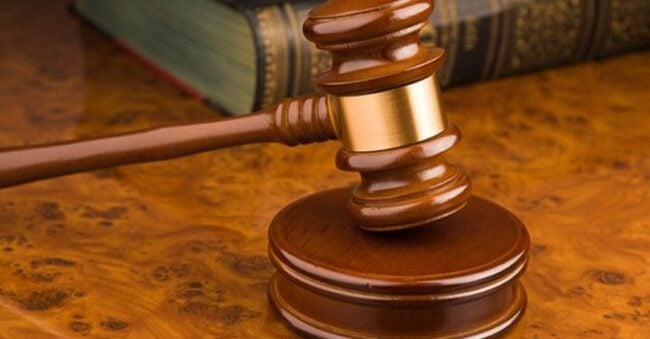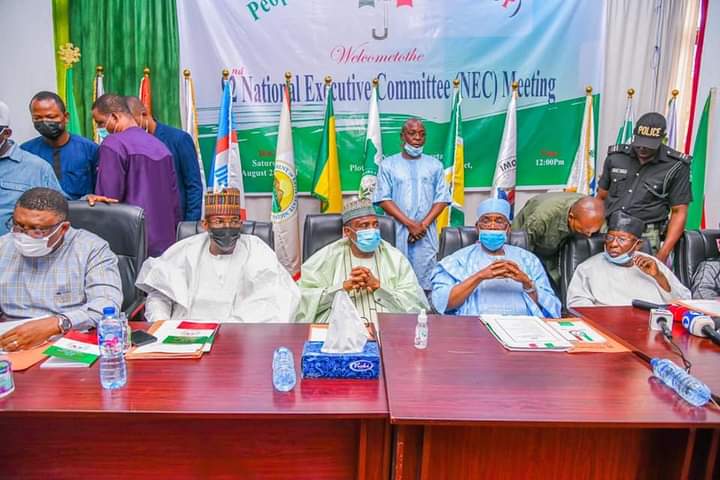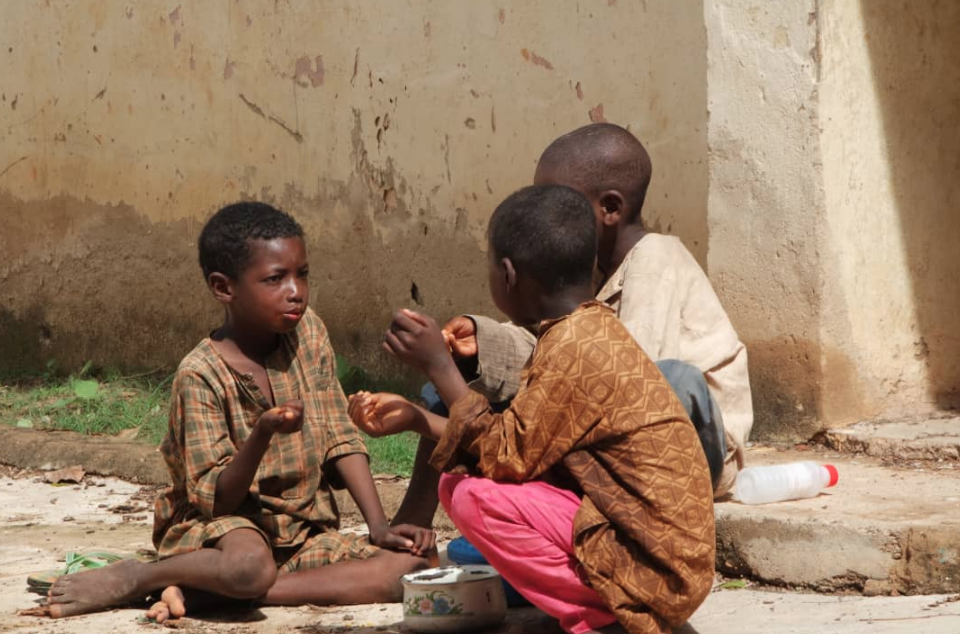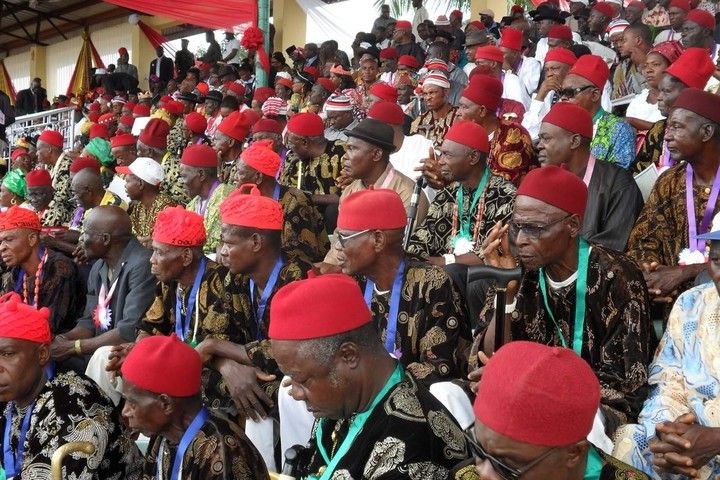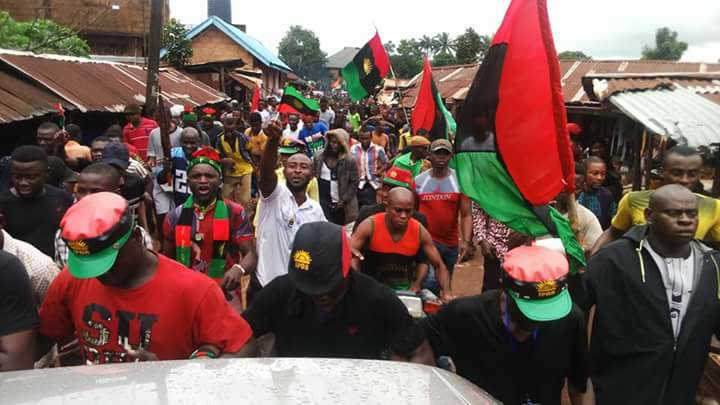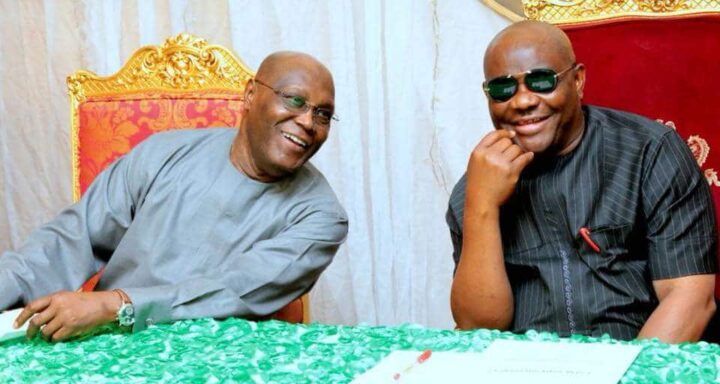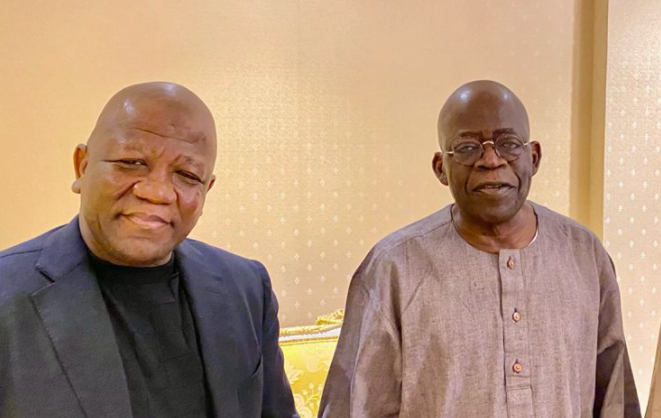BY AYOTUNDE ODUNSI
Judgements allegedly obtained via fraudulent means by an oil and gas firm, Petro Union Limited, at the federal high court and the court of appeal, establishing that £2.556 billion was lodged in the coffers of the Central Bank of Nigeria (CBN) and Union Bank, continue to cause unease among major stakeholders in the nation’s justice sector.
This is especially as the judgement sum, plus interest accrued since 1994 is currently valued at $15 billion.
The stakeholders are therefore looking up to the supreme court, which is currently seized of the matter, to ensure that justice is served, considering the potential impact of the apex court endorsement of the fraud on Nigeria’s grappling economy.
Advertisement
HOW IT ALL STARTED
It all began in 1994 when Petro Union allegedly procured a cheque from a branch of Barclays Bank in the UK with a value of £2.556 billion and presented it at one of Union Bank’s branches in Lagos under the pretext that the funds were to be used to construct three petrochemical refinery complexes and a bank in Nigeria.
Following due diligence investigations, both CBN and Union Bank advised Petro Union that Barclays Bank in the UK had been contacted and had confirmed that the cheque could not be given value to because the account on which the cheque was drawn was closed on 21st September 1989 whereas the cheque was issued on 29th December 1994, five years after the account was closed.
Advertisement
In addition, the company that purportedly issued the cheque dated 29th December 1994 (a company known as Gazeaft Limited) did not exist on the Register of Companies in the UK as of that date.
Despite the foregoing startling and damning discoveries, Petro Union and Isaac Okpala, its alter ego, persisted with their demands, culminating in a petition by the firm to the Lagos office of the Economic and Financial Crimes Commission (EFCC) for alleged offences of stealing and criminal conversion against CBN and Union Bank.
Following the petition, EFCC investigated the allegation by interrogating the CBN through a letter dated 12th January 2005. In a letter dated 27th January 2005, the CBN responded to the query by the EFCC wherein it denied the allegations of Petro Union.
The EFCC also made other efforts to investigate the allegations, including corresponding with Barclays Bank in the UK. Having concluded its investigation, the EFCC issued a letter dated 10th May 2005 addressed to the Managing Director of Union Bank exonerating the Bank from any wrongdoing.
Advertisement
COURT CASES
On March 22, 2012, Petro Union filed an originating motion at the federal high court in Abuja seeking an order of mandamus compelling the CBN, Union Bank of Nigeria Plc, minister of finance and the attorney-general of the federation to transfer £2,556,000,000.00 to it. In the suit marked FHC/ABJ/M/104/2012, the firm claimed that the money was deposited with Union Bank in 1994.
The firm claimed that Union Bank received £2,556,000,000.00 on its behalf and transferred the sum of £2,159,221,318.54 to the CBN while it retained the sum of £396,778,681.46 as commission.
To substantiate their claims, Petro Union and its directors insisted that the fund was kept in an account in the name of a company called Goldmatic Limited at the CBN and tendered as evidence of this assertion, a purported statement of account of Goldmatic Limited at the CBN showing a balance of £2,159,221,318.54. However, in their various counter-affidavits, both CBN and Union Bank stated that no such deposit was ever received by either of them.
Advertisement
However, in a shocking turn of events, on March 11th, 2014, the court presided over by the late Justice Adamu Abdu-Kafarati gave judgement in favour of Petro Union and their directors against the defendants.
In his judgement, Justice Kafarati held, among others, that Union Bank was liable to Petro Union in the sum of £396,778,681.46 being the balance of Petro Union’s foreign capital which it supposedly deposited with the Bank in 1994 and that the CBN was liable to the company for the sum of £2,159,221,318.54. The allegation was that the balance of the sum of £2,556,000,000.00 allegedly deposited with Union Bank, had been transferred to the Central Bank of Nigeria. The liabilities were held by the court to be joint and several against all the 4 Defendants – CBN, Union Bank, Minister of Finance and Attorney-General of the Federation.
Advertisement
An appeal was later lodged by CBN and Union Bank against the judgement at the court of appeal, Abuja division, in 2014. However, on the 5th of June 2018, the Appellate Court upheld the judgement of the lower court and dismissed Union Bank’s appeal. The appeal lodged by the CBN against the judgement of the federal high court is yet to be determined till date while the AGF and minister of finance are yet to file any appeal against the judgement meaning the judgment subsists against these major agencies of the Federal Government and therefore against the Federal Republic of Nigeria itself.
Dissatisfied with the judgement, Union Bank promptly lodged an appeal at the Supreme Court in June 2018.
Advertisement
The hearing of the appeal at the apex court was however stalled on 27 June 2021, owing to a dispute over legal representation for Petro Union. Two lawyers, Joe Kyari Gadzama (SAN) and Onyechi Egwuonwu had on that day confronted each other over who should represent Petro Union in court.
Egwuonwu, who represented Petro Union at the federal high court where it secured a judgement against CBN and others, informed the apex court of his irrevocable power of attorney to represent the firm in the matter.
Advertisement
While drawing the apex court’s attention to a motion seeking to disqualify Gadzama from appearing in the case and disrobed him from practising as a legal practitioner due to unprofessional conduct, the lawyer said he was the person that briefed Gadzama to lead him and other lawyers when the case got to the court of appeal.
Efforts by the supreme court justices and other senior lawyers in court to persuade Egwuonwu and Gadzama to resolve their differences amicably fell on deaf ears.
PETRO UNION DIRECTORS’ PROSECUTION
As the legal battle continues at the supreme court, Petro Union, together with three of its directors and its financial consultant (Abayomi Kukoyi, through whose firm’s account the Barclay’s Bank cheque for £2.556 billion was meant to be cleared), are concurrently standing trial before the federal high court in Lagos since February 2020. They were dragged before the court by the EFCC following investigations on the matter.
Abayomi Kukoyi (trading under the name and style of Gladstone Kukoyi & Associates), Prince Kingsley Okpala, Prince Chidi Okpalaeze and Prince Emmanuel Okpalaeze, were first arraigned before Justice Mohammed Liman of a federal high court in Lagos on 13th February 2020, on a 7-count charge of alleged £2.6 billion fraud.
They were however re-arraigned on 27th January 2021, following an amendment to the charge by the EFCC. The defendants were re-arraigned on a 13-count charge of alleged £2.6 billion fraud.
Eight witnesses have so far been called before the trial judge was moved out of the Lagos division. The witnesses that have testified in the matter included the EFCC’s IPO who released the cheque to Petro Union, a former minister of finance, Mrs. Nenadi Usman; Principal State Counsel at the federal ministry of finance, Ojetunde Oluwaseyi and principal manager at the CBN, Oluwagbemike Akinyemi Akinkunmi.
In her testimony, Usman narrated how one Isaac Okpala, wrote her ministry seeking for a mandate for the CBN to pay £2.6 billion to the firm.
According to her, such a request was strange to the Ministry of Finance because the extant law which would have made issuing such a mandate to the CBN mandatory has been repealed.
She added that there was even no need for the Ministry of Finance to issue any mandate to the CBN because the monies in question were not public funds. She said: “In February 2007, a letter came to the office of the minister of finance dated 5th February 2007, by Isaac Okpala. In the letter, he was asking for a mandate to be issued to the CBN to pay £2.6 billion to the firm. A letter dated 5th March 2007 was sent to the CBN in response to Okpala’s letter wherein the ministry of finance stated its position on the matter. In it, it was stated that the extant law requesting such a mandate has been repealed. Besides, there was no need for the Ministry of Finance to issue any mandate to the CBN because it is not public fund“.
Another witness, Ojetunde Oluwaseyi, a principal state counsel at the federal ministry of finance, told the court that there was correspondence from the CBN that it had no £2.6 billion in its coffers contrary to the impression created by the defendants that the money is with the apex bank.
He said: “Sometime in March 2020, I was called by my director, and he gave me a letter from EFCC requesting that an officer should come for an interview in respect of an ongoing investigation. I studied the file he gave me, and I later took it to EFCC zonal office in Lagos. Going through the file, I noticed that Petro Union Oil and Gas kept on writing the Ministry of Finance even though the ministry had communicated to the CBN that there was no need for any mandate from the Ministry to import foreign capital into Nigeria.”
Testifying in the matter, a principal manager at the CBN, Oluwagbemike Akinkunmi, told the court that he is responsible for domiciliary accounts and management of inflows into the Revenue Account. He informed the court that he was mandated to compile the series of records relating to correspondence between the CBN and Petro Union.
When explaining international transfers, he stated that all outflows from the CBN are made via the SWIFT platform. “SWIFT is the platform where international transfer passes through. All payments pass through this platform. To do it, you must have a correspondence Bank for inflow. CBN has two types of clients – Government Ministries, Departments and Agencies (MDAs) and commercial banks and other financial institutions. Generally, CBN is a banker to the banks and the government. CBN does not generate or maintain accounts for individuals and is not involved in the receipt of funds into Nigeria for private transactions.”
He went on to state “I was shown a copy of a statement allegedly presented by Petro Union as the statement of account of a company called Goldmatic Limited. Upon review of the statement, I observe that there is no company with that name in CBN’s record. From the name, it is a limited liability company and CBN does not keep accounts for such entities. I also compared the statement with regular CBN-issued statements of accounts and discovered the following discrepancies – the name of the account is scribbled with ink whereas normal CBN statements are printed or generated from a computer; the document was also not paginated; there is no narration for the transaction captured in the ‘statement’. Also, there is no indication of the currency in the “statement”. For CBN the base currency is Naira. Even if it is foreign currency, CBN will still give equivalent in Naira“.
As the supreme court prepares to resume hearing on the case on October 7, 2021, concerned stakeholders expect that the apex court would ensure that justice is served in the matter in the interest of all the stakeholders concerned.
Views expressed by contributors are strictly personal and not of TheCable.
Add a comment
